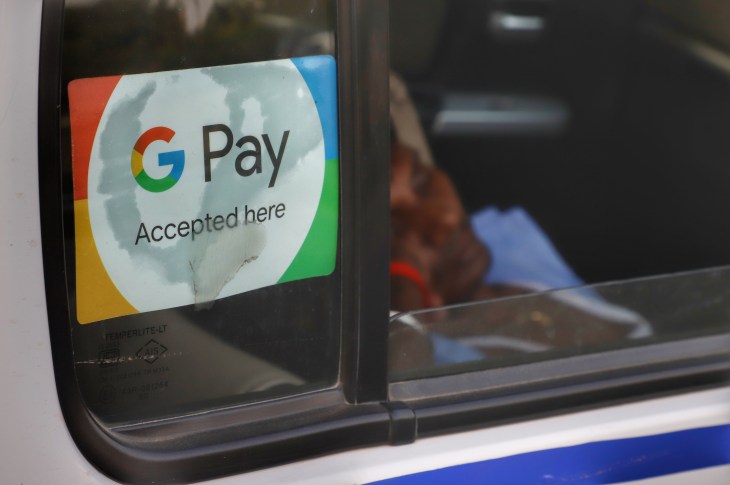Google said Thursday it plans to roll out the SoundPod, its portable speaker designed to instantly validate and announce successful payments, to small merchants across India over the coming months. The Google Pay expansion in India, where the company is among the mobile payment market leaders, comes even as the firm winds down some of its payments apps in the U.S.
The company, which began a limited trial of SoundPod last year, received positive feedback during the testing and helped merchants reduce the checkout time, Ambarish Kenghe, VP of Products for Google Pay, wrote in a blog post.
The miniature jukeboxes, colloquially dubbed “soundboxes” domestically, have witnessed wide adoption in India, enabling merchants to find respite upon receipt of remuneration and contest any illegitimate claims.
Financial services firm Paytm currently leads the soundbox market and PhonePe is also increasingly expanding its device. More than 20 million merchants in the country already use one of these boxes, which industry insiders estimate costs about $18 to $20 to make. (Incidentally, Paytm is currently “fighting for its survival” as it navigates regulatory clampdown.)
The soundbox was invented to serve small Indian merchants unable to afford regular point-of-sale devices but accepting of UPI payments. (UPI, a payments network built by a coalition of retail banks in India, has become the most popular way for Indians to transact.) Now more popular than Visa, Mastercard and Amex combined, the devices last year prompted the payment giants to look at ways to take advantage of their reach.
It has also evolved into a lucrative subscription model over time as various players impose subscription charges on merchants. The real allure of the soundbox, according to one industry insider, extends beyond its auditory alerts — it provides invaluable insights into merchant behaviors, facilitating the offering of loans based on this data.
Google Pay is offering the SoundPod at a minimal cost — levying a one-time fee of $18 for one year, or a one-time fee of $6.06 per day for 25 days in a month. The company said merchants who use SoundPod to process 400 payments in a month will get $1.5 in cash back.
“To be able to play a role in India’s digital payments story is a matter of deep pride for us, providing invaluable lessons on how digital transformation happens in tech-forward societies, and we continue to stay deeply invested in this journey for the long term,” added Google’s Kenghe.
Reliance, India’s largest firm by market cap, also began testing a similar device at its campus last year, TechCrunch earlier reported. The company confirmed the device in a subsequent earnings call and said it plans to soon launch it to the market.
Source: TechCrunch



![[CITYPNG.COM]White Google Play PlayStore Logo – 1500×1500](https://startupnews.fyi/wp-content/uploads/2025/08/CITYPNG.COMWhite-Google-Play-PlayStore-Logo-1500x1500-1-630x630.png)